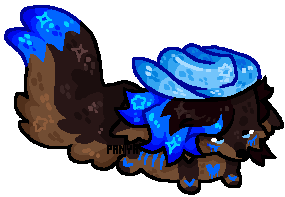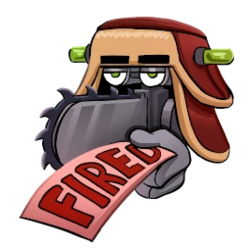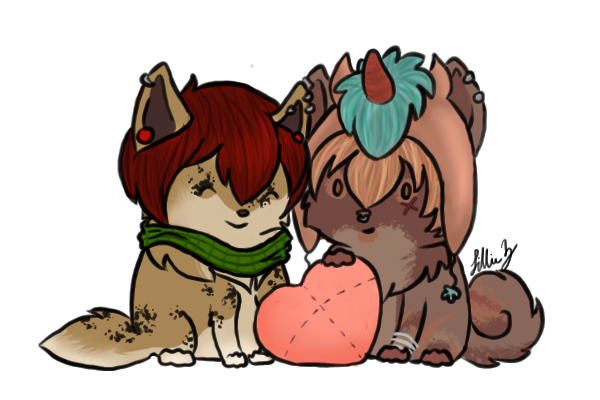
Graceless.
I figured out how to be faithless...
but it would be a shame to waste this.
"If it must be true," Abel wrote, scrawling with trembling hands through flickering candle light and foggy eyes. "it must be true. But who am I to say this for certain? I am no omnipotent being. I have no control of nature or life or death or prosperity. I cannot make it rain, I cannot see the insides of thunder, I cannot hear the calls of the clouds. Who am I to say it is true? Especially when the godly and the godless both breathe upon this planet."
He pushed his leather bound journal away from him harshly, crumpling the pages a bit in the process. He rubbed his eyes and leaned against his elbows which rested on the grass for a long few minutes before pulling the book back to him. "Therefore," He wrote, his handwriting was neater, calmer this time. "Therefore... there is no one beyond me. Therefore, there cannot be anyone else but me. Therefore we are alone. I am alone."
He'd written those last words before, he recalled. Back at his temple, he'd scrawled that exact sentence over everything he could get his hands on. He'd sobbed, he'd fought, he'd bloodied -- he made quite the scene. It was hard for him to grasp at first, the loneliness and lack of purpose engulfed him in his intoxicated state and had run wild through his veins. The fire within him matched that of the fire of his addiction, and for a time they battled.
Now, however, the sentence is no longer a rock in his stomach and the realization is no longer blazing through his bloodstream. He had accepted it, and he was writing tonight to try and get his former brothers, those who had cast him out to "get clean" and "find god" again, to see it, as well. He was trying to word this letter in such a way that it'd make sense to them, but it wouldn't overcome and possess them as it had himself. He was trying to spare them that pain.
He lay on his back now, hands folded over his ribcage as he stared up at the vastness of space. "It's pointless," He reminded himself, and though he knew it was true, a part of him still longed to explain the unexplainable to those who think they understand the world. "Pointless."
That night, as the toxins ate away his veins and reached places that faith never, never had, another realization dawned upon him. None of it mattered. Convincing them was not only pointless, but a waste of him time, and he had little to lose. If he was stuck in this position, the stars had explained to him as they glittered in the sky, he'd better make use of it. There's no point in pouting over what does or does not exist.
This is when Abel truly left faith. When he left his former temple, his former brothers. This, dear reader, is when Abel left God.
He did not tell them this, however. He was good at gambling and knew how to play the cards he was dealt. So he played.
As an idea, he was determined a priest.
As a child, it was claimed he was a prophet. As an adult, he learned otherwise. As a person, he acted just as such.
His head held high and his religious symbol held higher, he played his cards. Selling religious material and "blessed" items was not an unusual task of a priest; however, it was unusual that he worked as a kind of traveling religious merchant, selling lake water as holy water and fool's gold as sacred gems, all while using his title to pull it off.
He became a savior for the common man for a time; selling religious materials for slightly cheaper, and therefore slightly more affordable, to those who could not venture to the temple to gather their things. And of course, he was pocketing the money instead of returning it to the temple.
At first, he felt guilty for doing this. However, as time passed, he no longer found himself guilt ridden or worrying- he was selling people what they wanted. He was helping people. He was preforming exorcisms and they were working - all of this pointed him to the conclusion that he was simply giving people what they wanted and providing them the power to believe what they wish.
There's no moral to this story, Abel would tell you, dear reader. The only thing that could be of importance to you about his tale would be to take from it what you will, and to believe what you wish - you have no time to lose on something else.

























